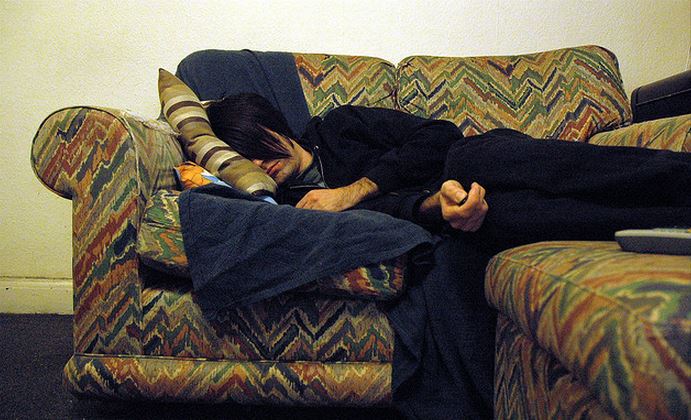If you are considering treatment programs for drug or alcohol abuse, then you already know that not all the programs out there are equal. While some claim good recovery results, their participants may actually be falling off the wagon a lot quicker than they are letting on. There is a reason that some programs work better than others.
Why are sober living homes so much more effective than other treatment programs?
There is a difference between living sobriety and struggling to bring sobriety into your life. Programs that welcome their participants into sober living homes are proven to have better results because they focus on slowly reintegrating the individual back into the real-life stresses that caused him to turn to alcohol in the first place; this strategy allows that individual to develop healthy methods of dealing with the stresses and anxieties that are encountered in an environment that can help to reduce those stresses when they start to become too much.
What should you be looking for when it comes down to choosing a treatment program?
Sober living homes offer ten unique features that specifically focus on reducing the impossibility of recovery:
1) 24-hour on-site managers, which means 24-hour help and support for when the toughest part of the day doesn’t occur between 9 am and 5 pm.
2) A structured schedule, which creates a sense of stability and regularity that can in itself become habitual. Further, breaking the day down into structured parts can make it easier to get through the tough days. Instead of trying to get through 24 hours, it can be less overwhelming take things one hour at a time.
3) A stable living arrangement. For a lot of people who are suffering from addiction, stability is something that was lacking from their previous lifestyle; the lack of which may even have triggered the need for addiction in the first place. The kind of stability sober living homes can provide is essential in creating an environment of support that can help to break the habit of turning back to drugs or alcohol when things get too stressful.
4) A sober companion and escort. Nothing can knock you off the wagon faster than being around friends or family members who are indulging in your substance of choice, making it all too easy to fall back into the same old pattern. A sober companion, however, can help to keep you on track by participating in the sober lifestyle with you.
5) Peer to peer support provides ongoing interaction and communication with people who are experiencing the same urges and anxieties. It is easier to talk about the challenges you are facing or the bad day you’ve been having with someone who has been there or is going through it all right now and can understand what you are going through.
6) Goal setting creates a pattern of personal direction and accountability. The individual works towards the goals he sets for himself, and is rewarded for his accomplishment of those goals, or has to accept the responsibility of not achieving them.
7) Sessions with counsellors, life coaches, and even academic counsellors are available to help the participant to learn how to process feelings of anxiety and fear and develop healthy responses to them.
8) Personal financial management is also available as an aid for those who find financial insecurity to be a stressor, as well as to help individuals learn to manage their funds responsibly.
9) Monitored drug and alcohol testing, and Medication management are both features that are designed to ensure that individuals within the sober living homes are safe from outside influences and substances. They also ensure that the individual is keeping on track while also making sure any medical requirements are being looked after.
10) Transitional living ensures that an individual is slowly reintegrated into the world outside the treatment facility so he can learn how to handle the stresses and anxieties without returning to the bad habits that are familiar to that world.
Sober living homes create a supportive and encouraging environment where individuals who are suffering from or struggling with addiction can approach the challenge of sobriety one step at a time with the constant support around them of people who can understand. No judgement, no anxiety, just healing.
This article was written by Anthony Cooper, who spent time in sober living homes when he was in recovery and knows how the good ones work.



